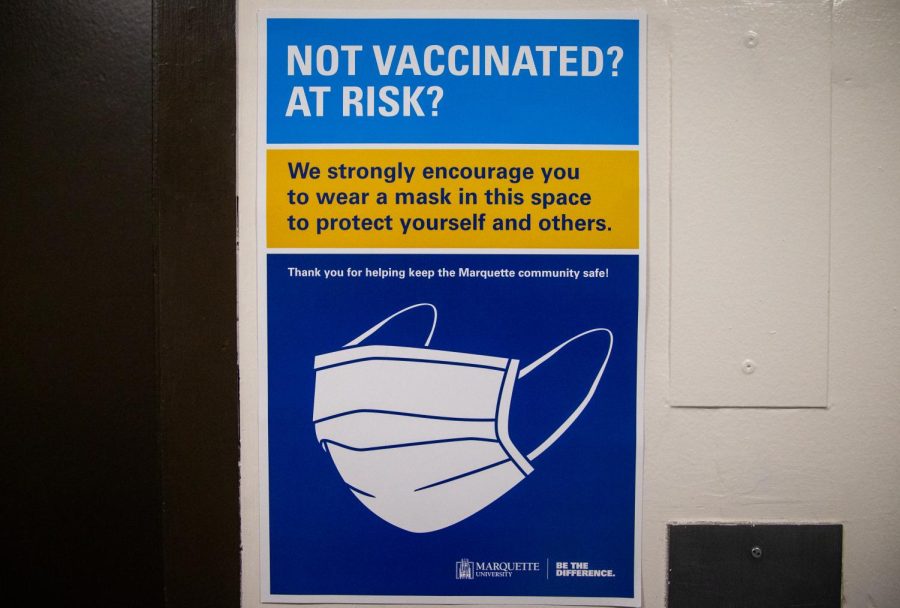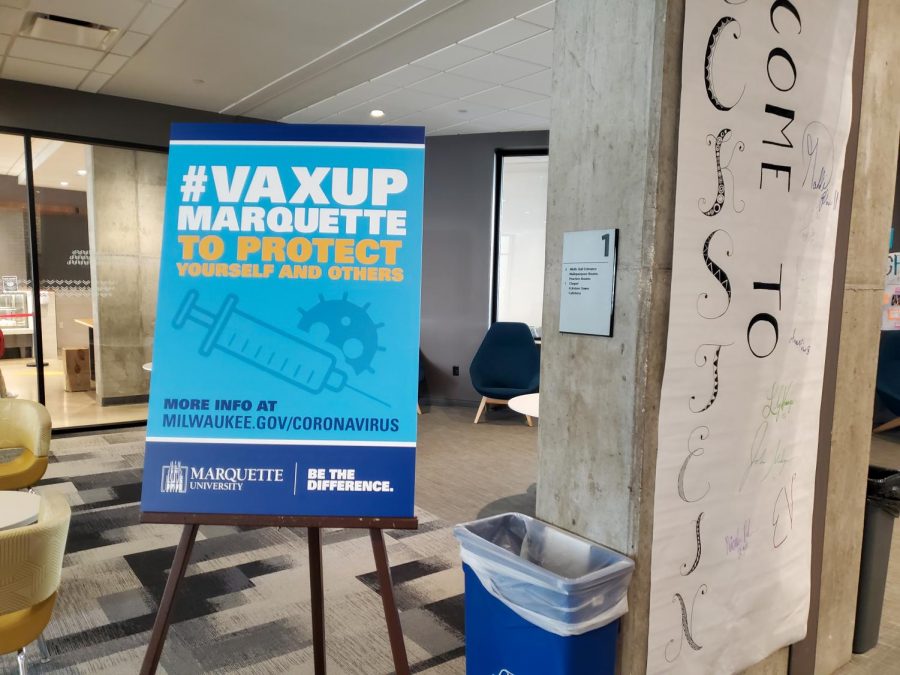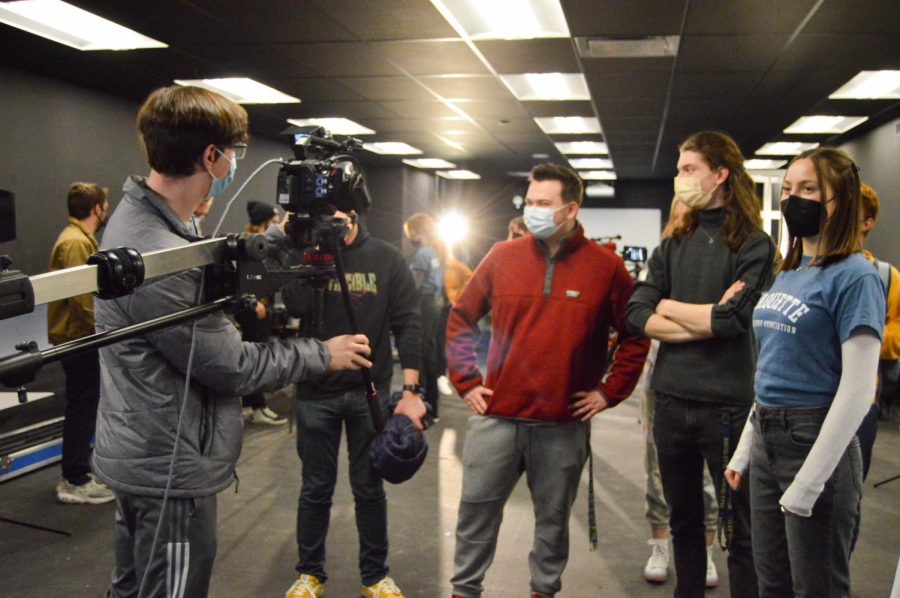Although it seems the world is returning to a sense of normalcy, large industries like the film industry have a responsibility to take into account a changing COVID-19 landscape when deciding on movie releases.
The most recent Marvel Studios movie, “Spider-Man: No Way Home,” was released Dec. 2021 grossing $1.6 billion and ranking as number six on the box office list. Although it was the highest grossing movie yet to come out of the COVID-19 pandemic, its release during the height of the omicron variant may have contributed to a rise in cases.
Movie theaters play a key role for not adhering to COVID-19 guidelines. Some theaters require masks and/or proof of vaccination, while others don’t. And even when theaters check COVID-19 vaccination proof or negative COVID-19 tests, they often don’t verify the information with a form of ID. Many also don’t implement social distancing in the theaters, making it easier to spread COVID-19 if people aren’t wearing masks to eat and drink, or at all.
Additionally, for such an anticipated movie as “Spider-Man: No Way Home,” many theaters were likely packed to capacity.
The movie prior to “No Way Home,” “Spider-Man: Far from Home,” came out in June 2019 and left off on a cliffhanger, making fans more excited to see the next movie which was still slated for its original December 2021 release date. And with the movie coming out during the holiday season, there was likely to be a high viewership in the theaters.
Social media was also not a huge help during this time. Instead of encouraging people to stay home and wait until it was safer to see the movie or even wait until the movie could be streamed or bought at home, lead actors of the movie Tom Holland and Zendaya encouraged people to buy tickets early and see it in theaters.
With the current rise of COVID-19 cases and a lack of enforcement of health guidelines in theaters, “Spider-Man: No Way Home” should’ve been pushed to a later release date. Being flexible and cognizant of the COVID-19 pandemic, and the rise of omicron cases, would have been a safer choice for a lot of people and could have led to possibly even more anticipation of the release; with omicron cases expected to plateau or decline in the near future, more people may have felt comfortable going to movie theaters and there would be less spread of COVID-19.
Postponing movie release dates is not a new adjustment.
At the beginning of the COVID-19 pandemic, “A Quiet Place Part II” was held and released in May 2021, instead of its original release date in March 2020.
Another popular change has been sending movies straight to streaming services instead of movie theaters at all.
The live action Disney remake of “Mulan” was originally slated to come out in March 2020, but because of the start of the COVID-19 pandemic, the movie came out on instead Disney+ in August 2020.
If movie theaters were determined to have “Spider-Man: No Way Home” released in theaters, they should have enforced COVID-19 precautions.
To help prevent the rise of COVID-19 cases, movie theaters could have better enforced social distancing and face masks and verified proof of vaccination status and negative COVID-19 tests.
They should continue these practices in the future, as big blockbuster movies like “The Batman,” “Black Panther: Wakanda Forever” and “Avatar 2” are expected to come to theaters this year.
Movie theaters need to take higher precautions instead of solely focusing on the revenue the movie is going to make and be advocates of people’s health and safety. While a new and exciting movie is always fun to look forward to, the changing COVID-19 pandemic should be central to industry decisions as well.
This story was written by Krisha Patel. She can be reached at krisha.patel@marquette.edu










